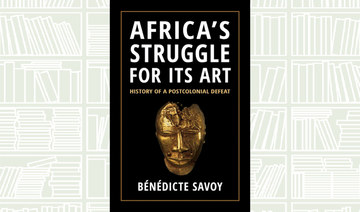J. M. Coetzee’s award-winning 1980 novel “Waiting for The Barbarians” is set in a remote outpost on the frontier of an unnamed empire, where the protagonist, a magistrate, grapples with moral dilemmas as he witnesses the brutal treatment of indigenous people at the hands of imperial forces.
Through the magistrate’s inner turmoil and resistance to the violence perpetrated by his people, the novel explores themes of power, colonialism, torture, and morality.
One of the central themes is the dehumanizing nature of colonialism, and the brutality that often accompanies the exercise of power over others.
As the magistrate witnesses the harsh treatment of the barbarians at the hands of the imperial forces, he begins to question the morality of the empire’s actions and to confront his role in upholding the oppressive system.
The novel’s exploration of the nature of power and violence is both timely and timeless, as it raises questions about how individuals and societies justify and perpetuate acts of cruelty and oppression.
“Waiting for The Barbarians” won several prestigious awards, including the James Tait Black Memorial Prize for fiction in 1980 and the Geoffrey Faber Memorial Prize in the same year.
The novel also won the South African CNA Prize, now known as the Sunday Times Literary Award, for the best work of fiction in 1980.
Coetzee was awarded the Nobel Prize in Literature in 2003 for his notable contributions to the world of literature.























